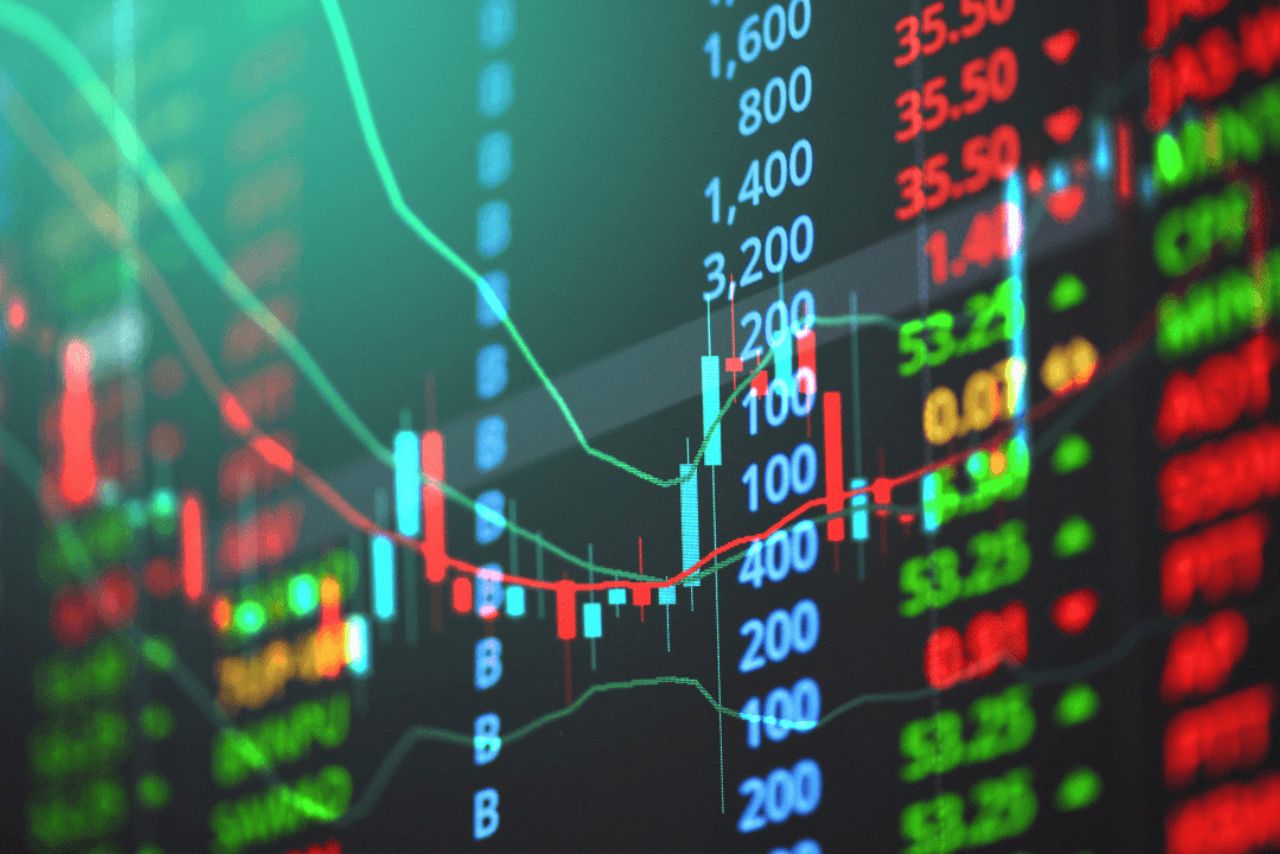Table of Contents
ToggleTable of Contents
-
Introduction to Online Trading
-
History and Evolution of Online Trading
-
Types of Online Trading
-
Stock Trading
-
Forex Trading
-
Cryptocurrency Trading
-
Commodity Trading
-
-
How Online Trading Works
-
Trading Platforms
-
Order Types
-
Market Orders vs Limit Orders
-
-
Benefits of Online Trading
-
Risks and Challenges in Online Trading
-
Key Strategies for Successful Online Trading
-
Tools and Technologies in Online Trading
-
Regulations and Legal Aspects
-
Future Trends in Online Trading
-
Conclusion
1. Introduction to Online Trading
Online trading refers to buying and selling financial instruments over the internet through digital platforms. It has revolutionized the way individuals and institutions trade assets like stocks, currencies, commodities, and cryptocurrencies. The advent of the internet and digital technologies has made trading accessible to millions, removing the need for traditional brokers and physical exchanges.
2. History and Evolution of Online Trading
Online trading began in the mid-1990s with the rise of the internet. Before that, trading was primarily conducted via phone calls and in physical exchanges. The launch of electronic communication networks (ECNs) and trading platforms allowed traders to execute trades directly, significantly lowering transaction costs.
The dot-com boom accelerated the growth of online trading. Initially dominated by stocks, the sector expanded into forex, commodities, and more recently, cryptocurrencies. Today, millions of traders operate globally, empowered by sophisticated tools and real-time data.
3. Types of Online Trading
Stock Trading
Trading shares of publicly listed companies is the most common form of online trading. Investors buy stocks hoping the price will rise, generating profit, or sell short anticipating a decline.
Forex Trading
The foreign exchange market is the largest financial market globally, where currencies are traded. Forex trading involves buying one currency while selling another, aiming to profit from exchange rate fluctuations.
Cryptocurrency Trading
A newer form of online trading, cryptocurrency trading involves digital currencies like Bitcoin, Ethereum, and others. It is highly volatile and operates 24/7 on decentralized exchanges.
Commodity Trading
Commodities like gold, oil, and agricultural products are also traded online. These markets provide diversification and hedge against inflation or currency risk.
4. How Online Trading Works
Trading Platforms
Online trading is conducted through specialized software known as trading platforms. These platforms provide access to markets, real-time price data, charting tools, and order execution capabilities. Popular platforms include MetaTrader, Thinkorswim, and proprietary platforms offered by brokers.
Order Types
Traders use different order types to enter and exit positions:
-
Market Order: Buy or sell immediately at the current market price.
-
Limit Order: Buy or sell at a specified price or better.
-
Stop Order: An order that becomes a market order once a certain price is reached.
-
Stop-Limit Order: Combines stop and limit orders for precise control.
Market Orders vs Limit Orders
Market orders ensure quick execution but may incur slippage. Limit orders give price control but might not execute if the market doesn’t reach the specified price.
5. Benefits of Online Trading
-
 Accessibility: Anyone with an internet connection can trade anytime.
Accessibility: Anyone with an internet connection can trade anytime. -
Lower Costs: Reduced commissions and fees compared to traditional brokerage.
-
Speed and Convenience: Instant order placement and execution.
-
Transparency: Real-time market data and price quotes.
-
Diverse Instruments: Access to stocks, forex, commodities, and cryptocurrencies.
-
Educational Resources: Many platforms offer tutorials, demos, and analytics.
6. Risks and Challenges in Online Trading
-
Market Volatility: Prices can change rapidly, leading to losses.
-
Technical Issues: Platform downtime or internet failure can prevent trades.
-
Emotional Trading: Fear and greed can result in poor decisions.
-
Scams and Fraud: Unregulated brokers or fake platforms pose risks.
-
Leverage Risks: Borrowed money amplifies profits but also losses.
-
Regulatory Risks: Different countries have varying rules, impacting trading.
7. Key Strategies for Successful Online Trading
-
Fundamental Analysis: Evaluating financial statements, economic indicators, and news.
-
Technical Analysis: Studying price charts, patterns, and technical indicators.
-
Diversification: Spreading investments across assets to minimize risk.
-
Risk Management: Setting stop-loss orders and limiting exposure.
-
Backtesting: Testing strategies on historical data before live trading.
-
Keeping Emotions in Check: Maintaining discipline and following a plan.
8. Tools and Technologies in Online Trading
-
Algorithmic Trading: Using automated systems to execute trades based on programmed criteria.
-
Artificial Intelligence: AI-powered tools provide predictive analytics and sentiment analysis.
-
Mobile Trading Apps: Trade on-the-go via smartphones and tablets.
-
Social Trading: Copying strategies of expert traders in real-time.
-
News Feeds and Alerts: Instant updates on market-moving news.
9. Regulations and Legal Aspects
Online trading is regulated to protect investors and maintain market integrity. Different countries have agencies such as the SEC (USA), FCA (UK), and ASIC (Australia) overseeing trading activities. Traders should ensure they use regulated brokers and comply with tax reporting requirements.
10. Future Trends in Online Trading
-
Increased Use of AI and Machine Learning: Enhancing trading decisions.
-
Blockchain Integration: Greater transparency and reduced settlement times.
-
Expansion of Retail Trading: More individuals entering the markets worldwide.
-
Enhanced Cybersecurity Measures: Protecting traders’ data and assets.
-
Regulatory Evolution: Adapting to new instruments like cryptocurrencies.
11. Conclusion
Online trading has democratized access to global financial markets, empowering individuals to participate actively in investing and speculation. While the opportunities are vast, traders must be mindful of risks and equip themselves with knowledge, strategies, and the right tools. As technology evolves, online trading will continue to grow, offering even more innovative ways to engage with financial markets.
You Can Also Check This Site :- https://sampurnjankari.com/
